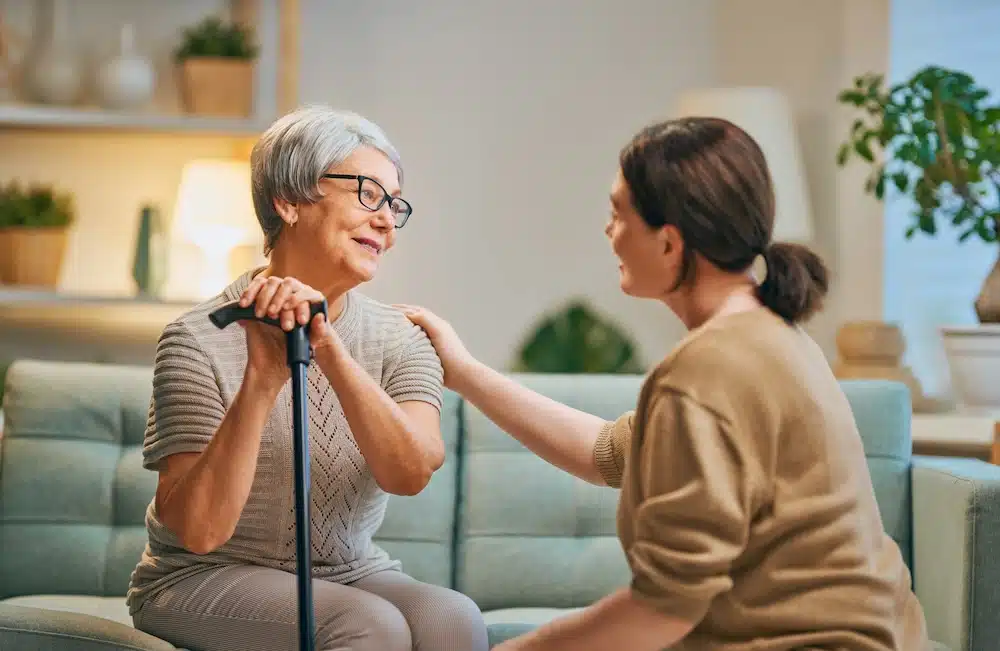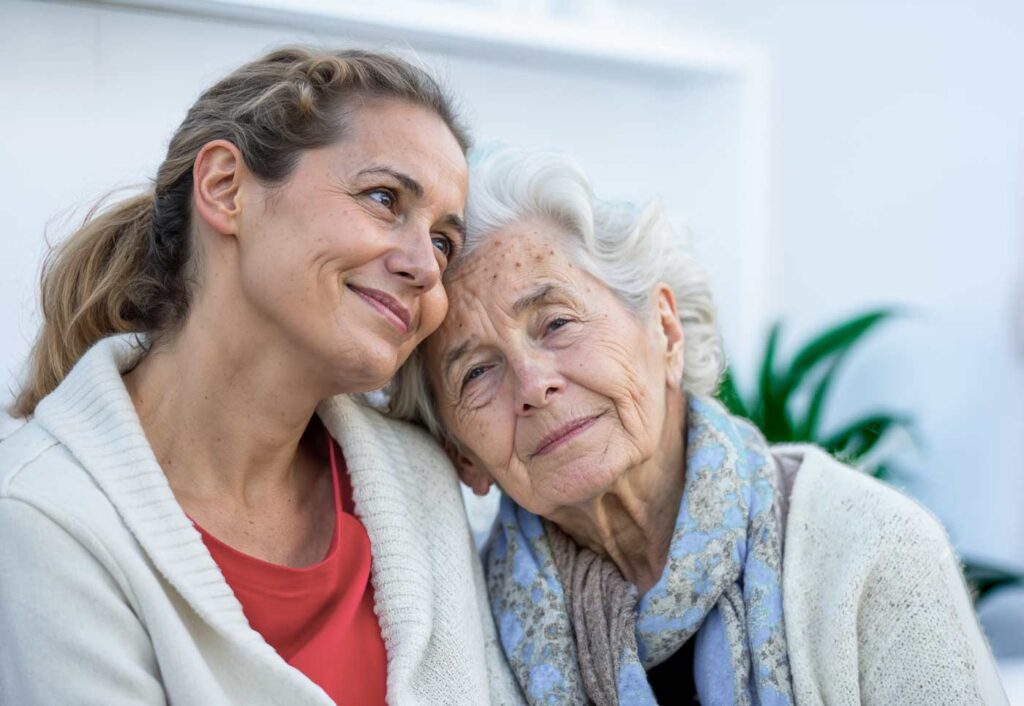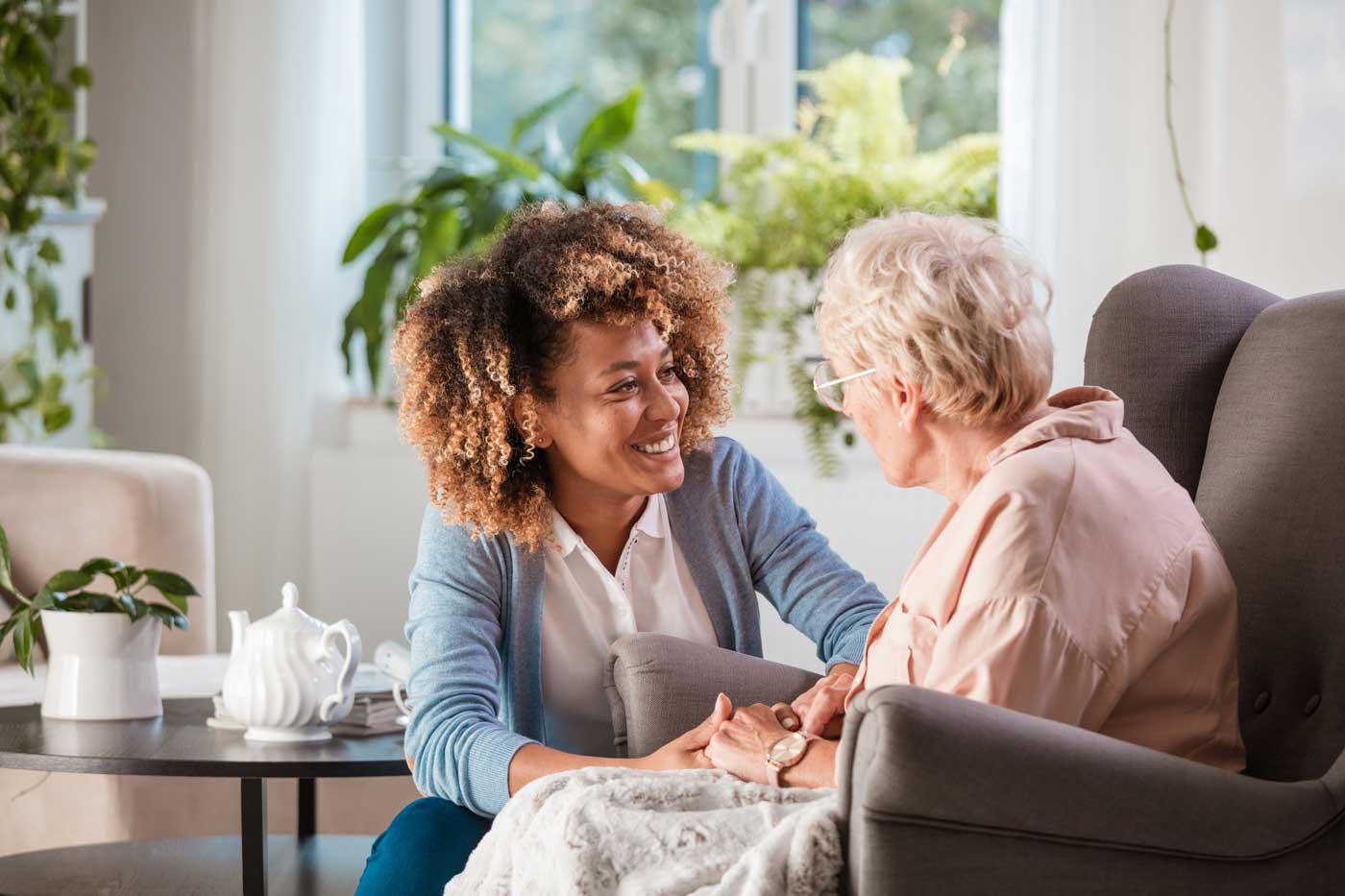What is a Caregiver?
A caregiver is a general term denoting anyone who offers care to a person in need of additional help. In the context of senior care, you will provide the elderly with assistance typically related to everyday living.
Caregivers strive to make everyday life easier, safer, and smoother for the sick, elderly, or disabled. These individuals may be suffering from physical or mental challenges and are confined in their homes.
The scope of work related to the caregiving role is broad. This means it varies on a case-by-case basis based on the specific needs of each client.
What are Some Tasks of a Caregiver?
The scope of caregiving work is extensive. Here are some of the basic tasks you can expect to perform as a caregiver:
Light Housekeeping
It’s normal to become slow as age catches up. So older people may require assistance around the house. Plus, health complications may render the elderly unable to perform housekeeping chores. An injured limb or a sore back, for example, can hinder an elderly person from bending down or vacuuming properly.
As a caregiver, part of your light housekeeping chores may include helping the patient with:
· Doing the dishes
· Changing bed linens
· Vacuuming
· Taking out trash cans
· Mopping and sweeping
· Cleaning countertops
· Organizing cupboards and closets
Laundry and Ironing
Some laundry assistance goes a long way in helping seniors maintain a clean personal appearance. You may also be required to help with folding and ironing the clothes.
Shopping and Errands
Some clients are housebound. In such cases, a caregiver can run errands on their behalf. Some of the most common shopping and errands services provided by caregivers include:
· Grocery shopping
· Prescription pick-up
· Going to the carwash
· Walking the pets
· Mailing letters
Nutritious Meal Preparation
The elderly tend to have stricter nutritional requirements. Meal preparation for the elderly comprises healthy, nutritious foods that are rich in minerals and vitamins. Good nutrition helps prevent the risk of various illnesses. It also helps the body recuperate from injury or disease.
Medication Reminders
Complying with instructions for taking prescribed medication can be a serious problem for the elderly. As a caregiver, you have to remind the patient on which medications to take and when. Ultimately, this can help prevent further health problems.
Assistance with Personal Hygiene
Inability to perform hygiene tasks in seniors may be attributed to various reasons. These include physical difficulties such as vision loss and mental problems like depression. In-home caregivers typically assist with the following personal hygiene tasks:
· Bathing
· Toileting
· Dressing
· Teeth brushing
· Shaving
· Haircare
Incontinence Care
Incontinence occurs when the elderly lose control of their bladder. Urinary tract infections are mainly attributed to incontinence issues. Some of the incontinence treatments adopted by a caregiver can include:
· Create a schedule when the elderly client uses the bathroom. This helps train the bladder to manage the feeling of passing urine.
· Limit alcohol and caffeine use.
· Use adult diapers.
Monitor Vital Signs
A key part of being a caregiver involves constant supervision. Monitoring the elderly means watching their behaviors and listening to what they say. You can pick up plenty of cues from observation and seek urgent medical attention if the health condition of the client deteriorates.
Design a Care Plan
A care plan for an elderly client may be an organization tool, an informal contract, or a formal agreement. It’s designed to coordinate provision and payment for caregiving services. Plans may vary from everyday to-do lists to comprehensive weekly accounts of sums and types of services rendered.
In some cases, the elderly need more hands-on, round-the-clock care from a live-in caregiver. Read on to find out why an elderly patient would need a live-in caregiver.
Why Would One Need Live-in Care?
Live-in care simply means a caregiver becomes part of the patient’s household and lives with the patient’s family. The main reason why live-in care is popular is that many people want to preserve their independence and live in the comfort of their homes.
Here are ways how a live-in caregiver can assist the elderly in their day-to-day life:
· Personal care: Live-in caregivers will tailor the help they provide to include all levels of personal care. These include help with bathing, incontinence issues, grooming, and eating.
· Household care: An in-home caregiver will also perform common household chores like shopping, cleaning, cooking, laundry, and ironing.
· Health care: Elderly patients who are under medication due to an ongoing illness need continuous care as they recuperate. A live-in career can help with administering medication. They’ll also accompany the elderly to doctor’s appointments. Moreover, live-in caregivers can provide physical therapy like massages, stretches, and outdoor walks.
· Emotional care: The caregiver becomes more like a friend or family member to the patient because the caregiver is available round the clock. You may develop a close relationship and a sense of companionship with the patient through frequent conversations.
You might be wondering what the requisite skills needed for taking care of an aged person are. Read on to find out.
Qualities Needed to be an Elderly Caregiver
Caregiving is such a demanding role. It requires an array of skills to provide the best care possible, especially to the elderly.
Patience
Elderly patients who need care can’t do personal tasks or chores on their own, like toileting and eating. This may lead to irritation and lashing out at the caregiver. You should keep your cool and not take the circumstance personally.
Sense of Humor
As an elderly caregiver, there are days when you feel stressed and humorless, especially when errands pile up. It is important to find the bright side in providing caregiving services. This can be an effective coping mechanism for handling the stress associated with the job. Plus, it helps create an environment of levity between you and your client.
Positive Attitude
The caregiving role is quite stressful due to the varied work you do. From medical emergencies to emotional distress and heartbreak, a day in the life of a caregiver is enough for the common person to call it quits.
But you need to own your feelings, acknowledge your limitations and think positively. Some of the ways to stay positive include talking with your friends, taking a few quiet moments to relax, and taking a walk for fresh air.
Determination
There are moments when being a caregiver will be difficult and problematic. However, you must have the resolve to do your job in the best way possible.
Initiative
Some moments and even people can make it challenging for the patient to get the care they need. In this case, you must take charge and prioritize the welfare of the patient. As the caregiver, you must do what you can to ensure your patient receives urgent attention when needed.
Emotional Understanding
To provide the best care possible, you must understand and emotionally connect with what the patient is experiencing. By doing so, you can work to ease the patient’s anxiety or discomfort.
Good at Balancing Many Tasks
The nature of the caregiving role involves doing a variety of tasks like housekeeping, personal care, and running errands on behalf of the patient. Thus, you must put on your multitasking hat and make sure not to drop any of the tasks you’re juggling.
Act of Giving
Remember, both the patient and their family depend on you for care. So you must give out your time and affection for the betterment of the elderly person.
You’ve rendered your services as agreed in the caregiver contract. As a paid helper, you’re expecting to receive payment.
How Can In-home Caregivers Be Paid?
There are a couple of ways to receive payment for your caregiving services. This is as long as the federal and state tax, income, and labor laws are adhered to.
· Medicaid: Medicaid coverage covers the cost of in-home care. Seniors with low income are eligible for this coverage.
· Long-term insurance: This type of insurance caters to the expenses of long-term care services. These may include personal care assistance and in-home care, which aren’t covered by private health insurance.
· Private pay: Some families may turn to their resources and finances to pay a caregiver for their loved ones.
· Workers’ comp: Workers’ compensation insurance will cater for the cost of a caregiver to help persons who’ve suffered disability or injury from work-related accidents.
· Veteran benefits: Former service members are eligible for the Aid and Attendance benefit, which helps pay for in-home care or the cost of a nursing facility.
The Bottom Line
Becoming a caregiver requires compassion and understanding. This is because you’re helping someone with basic daily living tasks. It is important to go through training so that you’re properly equipped for the role.




